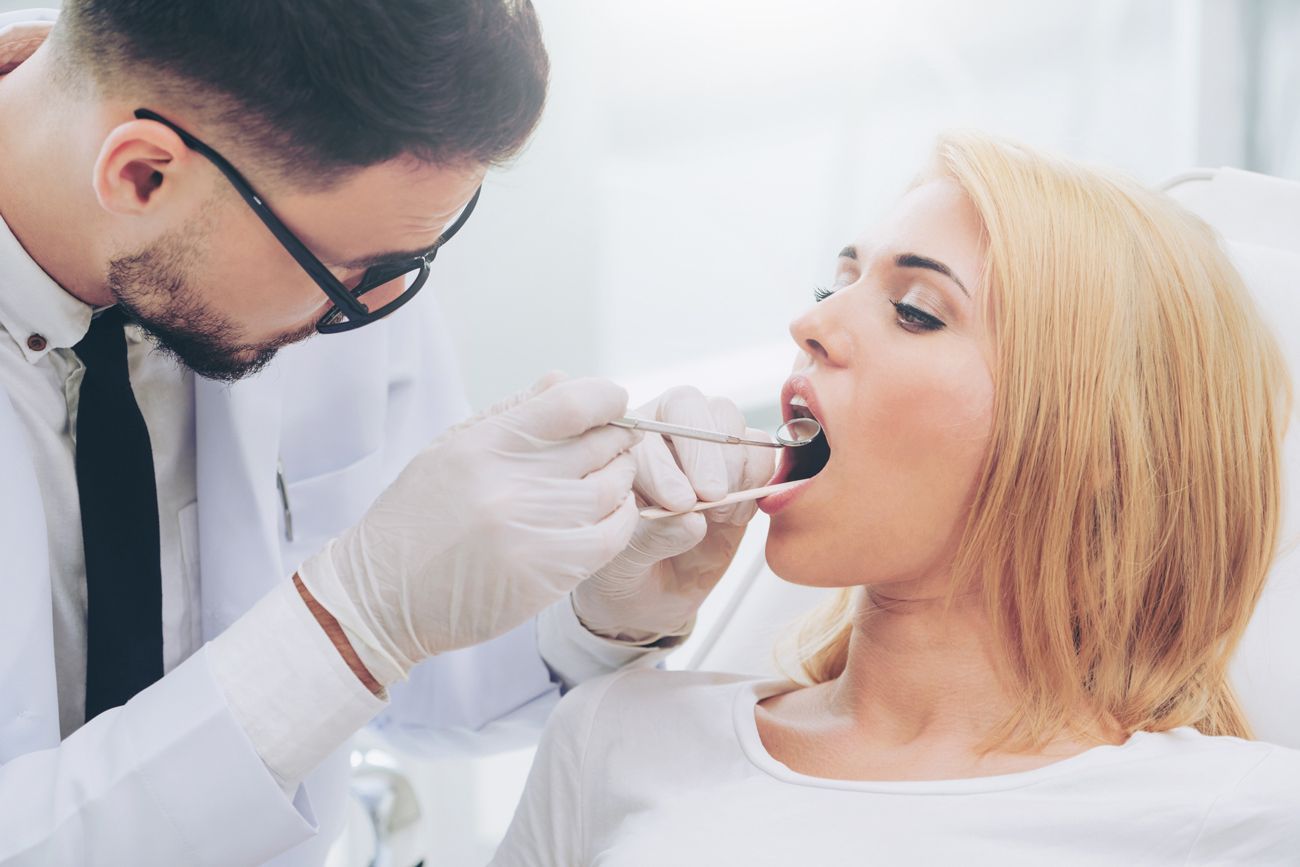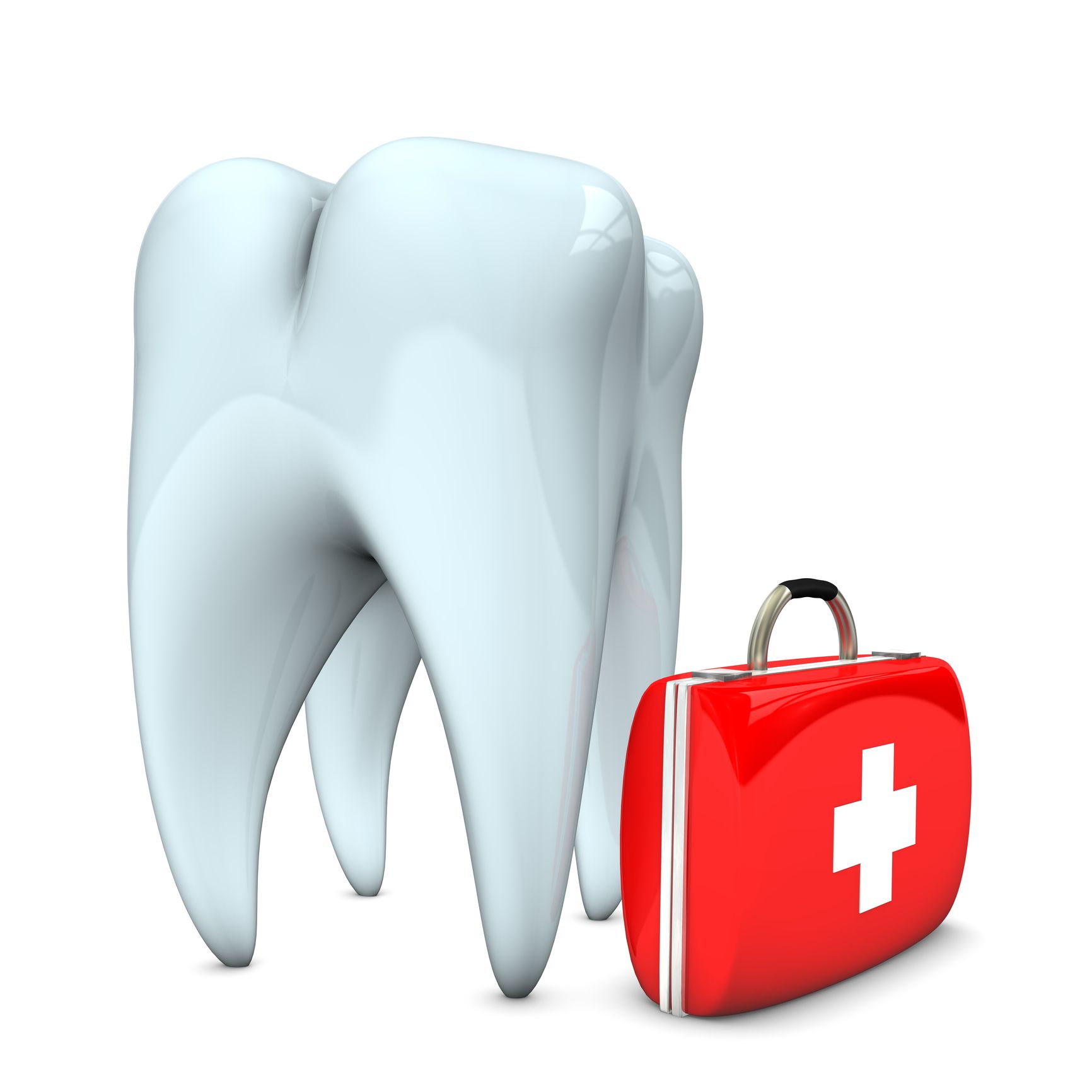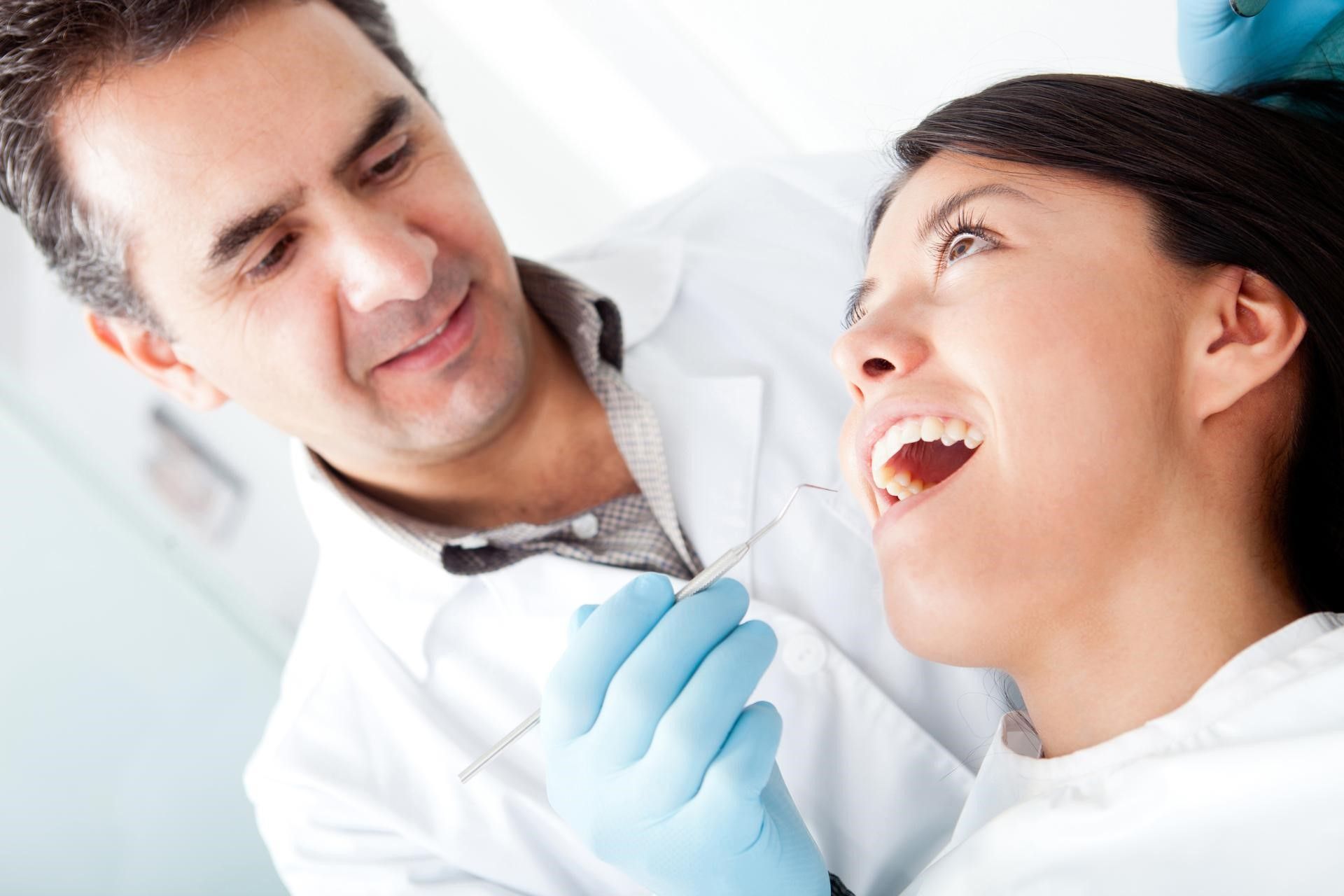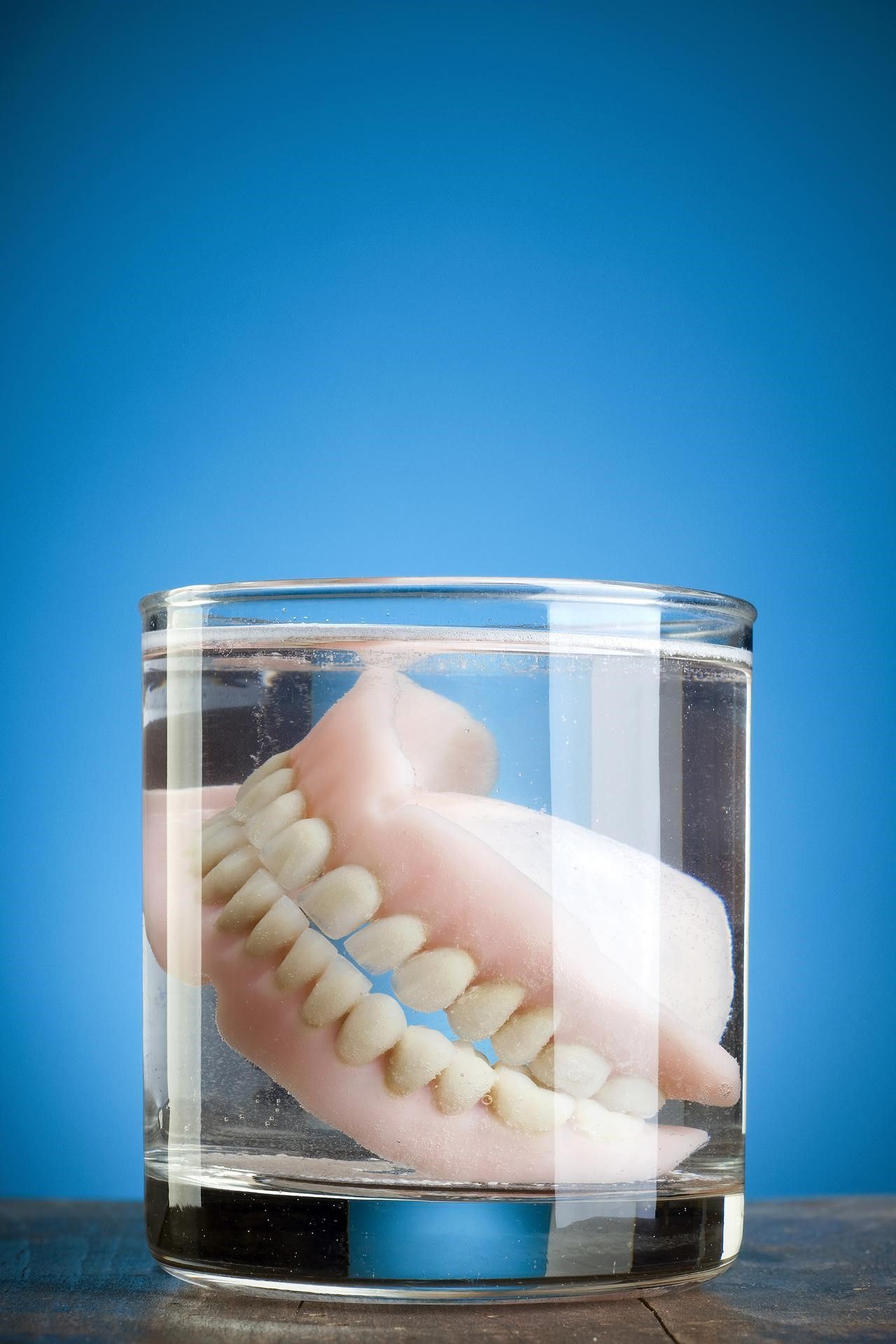What to Know About Mask Mouth, Gum Disease, and Dental Decay
Do you have mask mouth? Maskne (mask acne) isn't the only issue face coverings can create. Take a look at what you need to know about face masks, dental care, and the easy ways to maintain a healthy mouth.
What Is Mask Mouth?
While mask mouth isn't a technical term, it's the common name for a set of dental conditions that the extended use of face coverings may cause. Bad breath, or halitosis, is one of the most noticeable symptoms of mask mouth. But an odd oral odor isn't the only issue a face covering can cause. Other symptoms include gum changes (receding, bleeding, or swelling), dry mouth, or dental decay.
What Causes Mask Mouth?
Your face covering is the root cause of this oral issue. But to truly understand why you have mask mouth symptoms, you may need to learn more about the biological changes behind this condition.
Several potential causes can lead to why you may have mask-related oral issues. Disrupted breathing, such as shallow or rapid breaths, can decrease the amount of saliva - resulting in dry mouth. You may also experience dry mouth if you regularly keep your mouth closed while wearing a mask or don't drink water when you have a face covering on.
Dry mouth can cause bad breath or lead to increased plaque buildup and decay over time. Without saliva to wash away debris, bacteria, and the acids oral bacteria secrete, you're at risk for gum disease and dental caries (cavities).
Can You Prevent Mask Mouth?
Simply stated - yes, you can prevent mask mouth or reduce the symptoms and risks. Even though mask mouth is something you want to avoid, don't skip a face covering in favor of your teeth. Face coverings serve an important purpose in the reduction of disease transmission and, in some states, are required in public.
Even though you shouldn't sacrifice your mask for your mouth, you can take steps to protect your oral hygiene. Before you invest in a completely new medicine cabinet-worth of dental products, note how you breathe when wearing a face covering. If you breathe heavily, rapidly, or only through your nose, you may need to take breaks from your mask. However, safety is crucial when taking mask breaks. Plan your breaks and don't remove your masks in a public or shared indoor or outdoor space.
To further reduce the risks, keep your mouth well hydrated. Drink plenty of water at home, in your car, or when you're alone and can take a mask break. If this doesn't help your dry mouth symptoms, ask your dentist about specialized rinses and mouth wash products. These can moisten your mouth, making it less likely you'll experience gum issues or dental decay.
Can You Treat Mask Mouth?
What happens if your best prevention efforts are too late? You can still treat the symptoms of mask mouth. The first step is a trip to the dentist's office. The dentist will need to examine your mouth and look for signs of periodontal (gum) disease and dental decay.
The dentist may recommend a deep cleaning or root planing and scaling procedure for severe gum disease. Mild gum disease may only require at-home treatment. The dentist may recommend a new toothbrush, toothpaste, or dental rinse. And you should brush at least twice per day for two minutes each time. Floss after you brush. You may also need to brush or use a mouthwash after wearing a mask for long periods of time.
An at-home oral care routine won't treat existing decay. The dentist will need to fill cavities. Severe decay may require a crown or root canal.
Do you need a dentist office checkup and cleaning? Contact Eastland & Professional Dental Center for more information.









